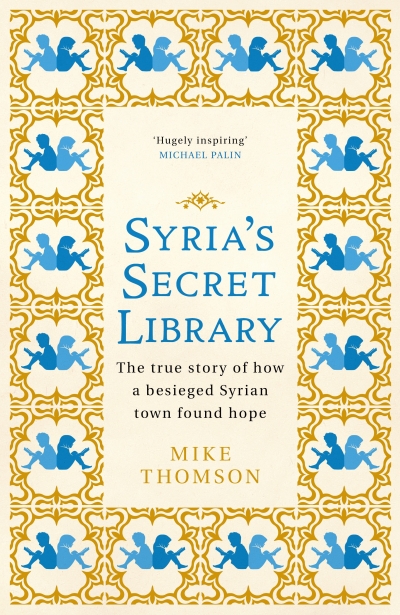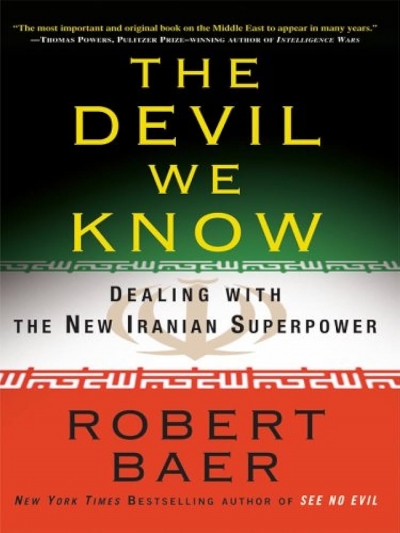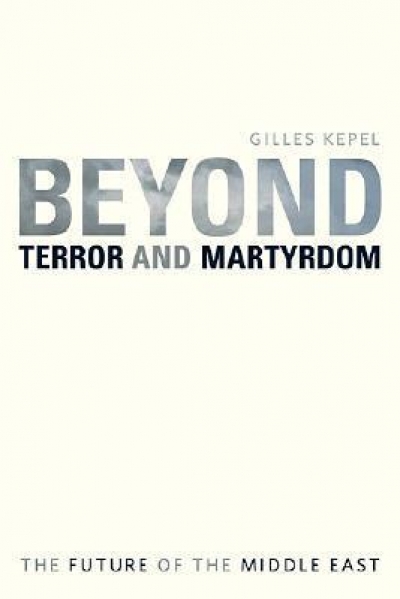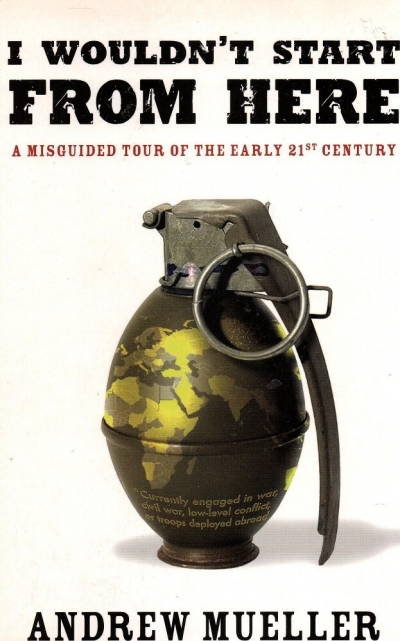Middle East
Syria’s Secret Library: Reading and redemption in a town under siege by Mike Thomson
The Battle for the Arab Spring: Revolution, Counter-Revolution and the Making of a New Era by Lin Noueihed and Alex Warren & Libya: The Rise and Fall of Qaddafi by Alison Pargeter
Arab France: Islam and the Making of Modern Europe, 1798–1831 by Ian Coller
Beersheba: A journey through Australia’s forgotten war by Paul Daley
Innocent Abroad: An intimate account of American peace diplomacy in the Middle East by Martin Indyk
The Devil We Know: Dealing with the new Iranian superpower by Robert Baer
Beyond Terror and Martyrdom: The Future of the Middle East by Gilles Kepel
I Wouldn't Start From Here: A Misguided tour of the early 21st century by Andrew Mueller
Tamas Pataki opens his review of Antony Loewenstein’s My Israel Question (October 2006) with a lengthy denunciation of the recent war in Lebanon. He decries Israel’s counterattack against Hezbollah as an ‘atrocity’, citing the ‘awful statistics’ of Lebanon’s larger casualty toll as evidence of the Jewish state’s nefariousness. But this is a curious calculus that ignores questions of who breached the peace by attacking whom, and the ethics of using civilians to shield military operations. The fatuousness of Pataki’s moral yardstick becomes apparent when it is applied to World War II. Germany suffered far greater casualties than the Western Allies. Surely this did not confer upon Nazism the status of righteous victim in that conflict. Pataki uncritically parrots Loewenstein’s contention that Israel’s ‘illegal occupation’ is the ‘cause of legitimate Palestinian resistance’. If by ‘occupation’ he means the territories captured by Israel in 1967, the timeline of conflict tells a different story. The Palestinian Liberation Organisation was founded in 1964 with the goal of Israel’s destruction. Arab violence against Jewish communities in the Holy Land even preceded the establishment of the Jewish state in 1948. So it seems that the ‘cause’ of terrorism is, after all, not Israel’s presence in the West Bank but, rather, Israel’s presence in any form.
... (read more)







